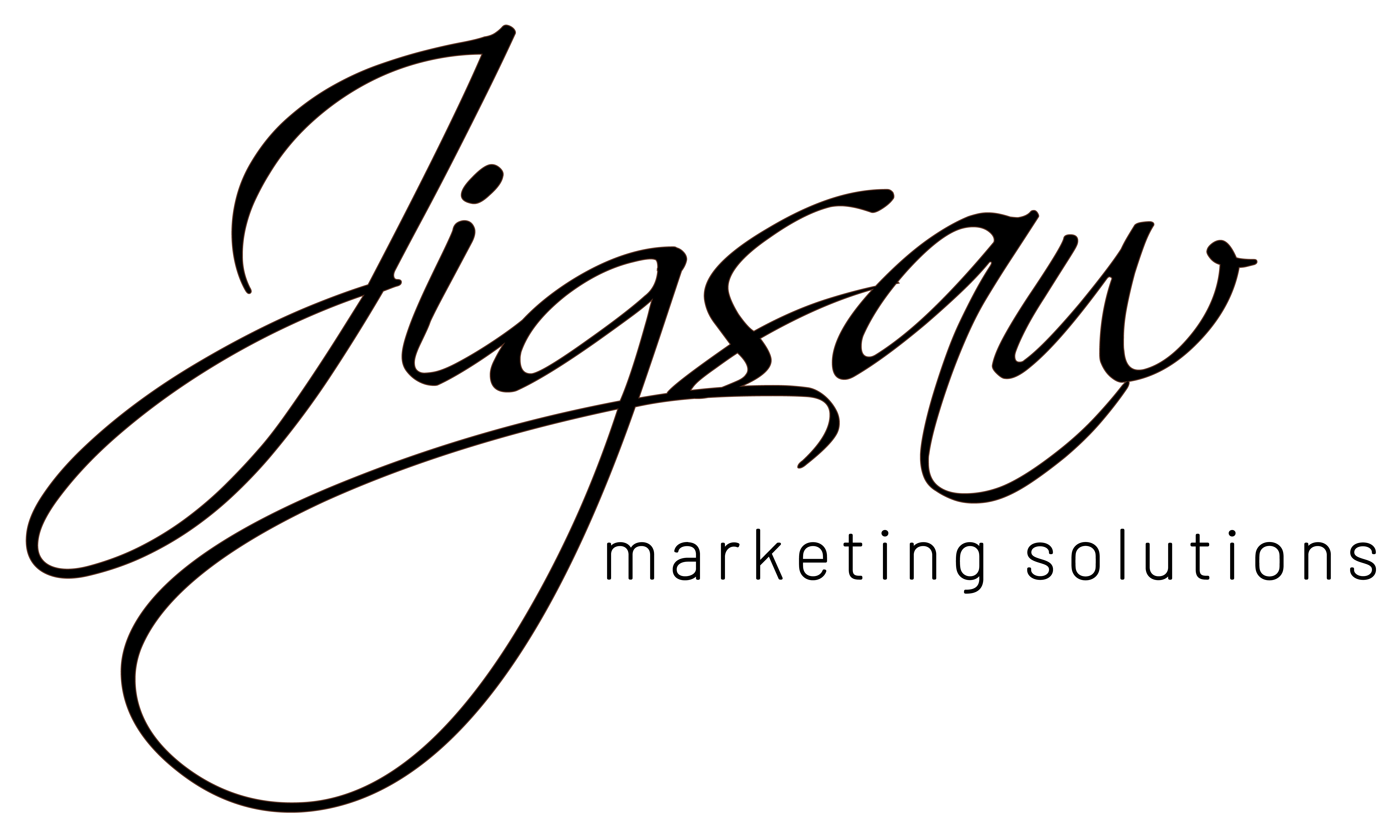top of page
Frequently Asked Questions
Have questions about who we are, what we do, or how we work? You’re in the right place. Here you’ll find answers to some of the most common questions about ALARP Solutions, our services, and our approach to safety and risk management.
Frequently Asked Questions

bottom of page

